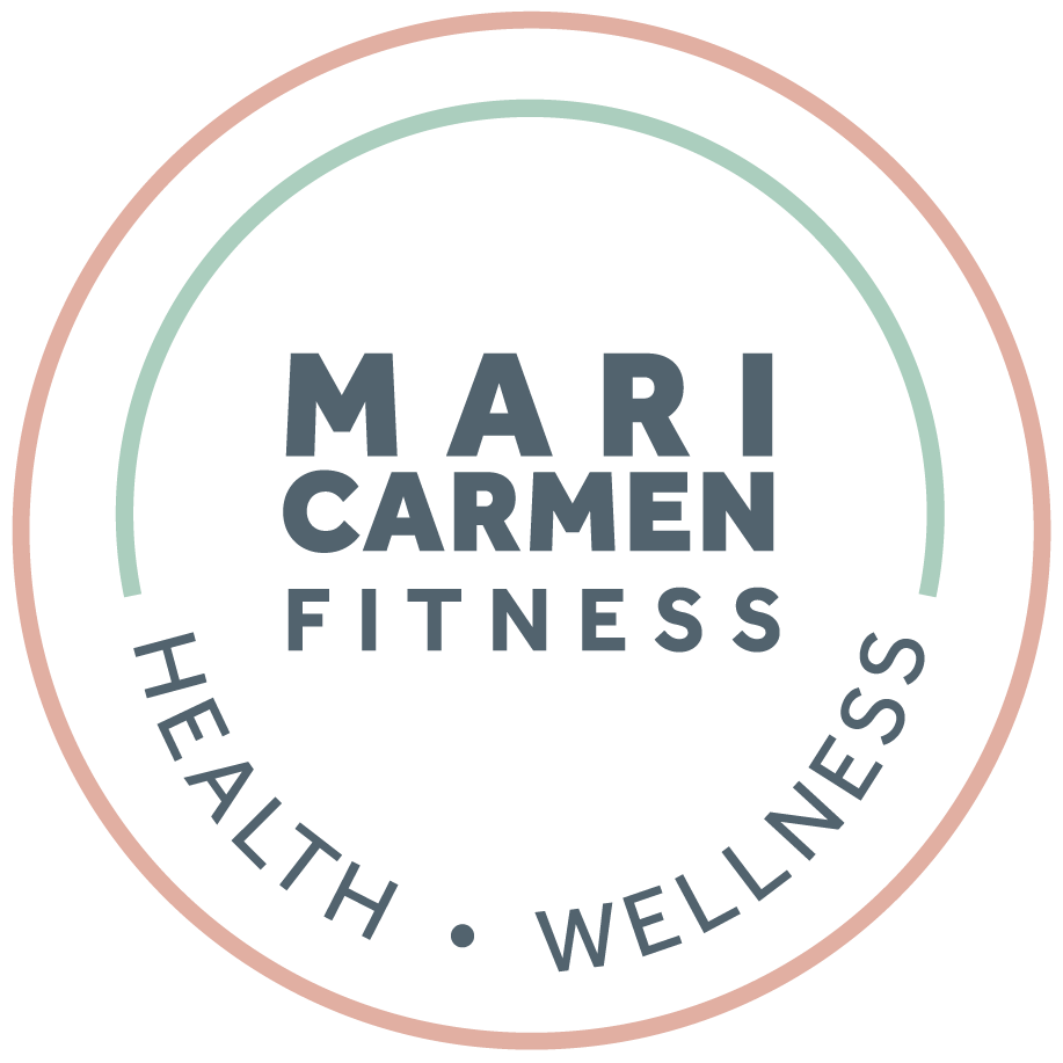Top Tips For Losing Weight Post Pregnancy
Remember it took 9 months to make it…
Many women after having a baby are extremely self-conscious and are super keen to sign up for a weight loss programme following the birth of their baby. First, be patient and do not rush this process. Your body has undergone so many changes during pregnancy and is healing. It is important to recognise this before putting your body through further stress.
Whilst it is very tempting to sign up for the latest crash diet, it is important you lose weight sensibly and in a sustainable manner. Here are my top tips for starting your weight loss journey.
1. Set realistic goals:
It is important you set attainable goals which you can manage alongside looking after your baby. Putting too much pressure on yourself will not help things. Start by breaking down your goal into small goals which you can tick off each week. To start with, it may only be a 20-minute walk each day. Stick to this for a week or so and then build on this.
2. Avoid crash diets:
These diets do not work. A low-calorie diet will leave you feeling hungry and end up giving up after a week or so. Your energy levels will be low, which will mean you will not feel motivated to complete workouts. If you want to lower your calories start by lowering them by 100-200 calories and then start tracking your food within the FIT MAMA powered by Mari Carmen Fitness app. Stick with these calories for 2 weeks and then if the weight hasn’t decreased, then further lower by another 100 calories. Slow and steady always wins the race!
3. Get moving:
If your birth was very straightforward, you could start back with some very gentle exercise after 3-4 weeks of giving birth. Walking is very underrated but has lots of benefits. Start by going out for a short walk with your pushchair, and gradually increase the time on your feet over the weeks. At home, pelvic floor work is hugely beneficial especially if you are keen to get back to your workout routine after 6 weeks. Remember to listen to your body though, at any point you feel discomfort slow it right down and let your body rest. Remember your body is healing from childbirth too.
4. Eat protein-rich foods:
A high protein diet can help you feel fuller for longer and with satiety levels by reducing the hunger hormone ghrelin. It will also help with your body's recovery. Choose lean meats, fish and vegetarian protein sources like pulses and beans.
5. Eat every 2-3 hours:
Do not let yourself get too hungry as this is when you are likely
to reach for sugary snacks. Stock up your fridge and cupboards with easy-to-eat snacks, preferably high in protein to keep you feeling fuller for longer. For example, Greek yoghurt and berries, rice cakes topped with hummus/peanut butter, boiled eggs or bars made with whole fruits or nuts.
6. Drink plenty of water:
Staying hydrated is super important for overall health and
energy levels. If you are nursing your baby, it is important you drink a minimum of 2-3 litres per day. Hunger can sometimes be disguised as thirst, ensure you are keeping hydrated to help with hunger levels too.
7. Prioritise sleep:
I know this is a challenge with a small child especially if you have older children too. There is a lot of research to link poor sleep with an increase in cravings and hunger. When we do not get enough sleep our leptin levels remain low; leading our brains to think we need more energy.i.e. food, leading us to crave calories even though we do not need them. Try getting to bed very early to get sleep before the night feeds start and where possible take a nap in the afternoon.
8. Ask for support:
If you are fortunate to have help from partners and families, ask them for help. It may be that they are able to help with the morning routine, so you are able to have a further one or two hours of sleep. Do not try to be a hero, having a small baby is challenging but also a very special time. Try to enjoy this time and I promise the weight loss will come when the time is right.
